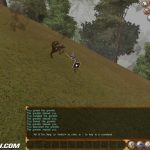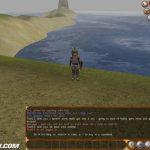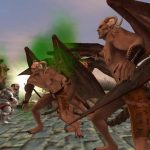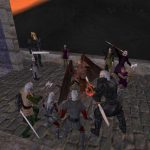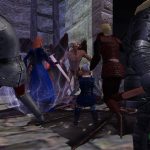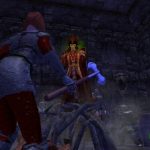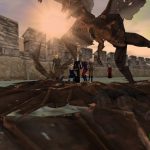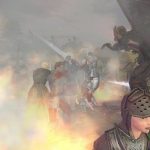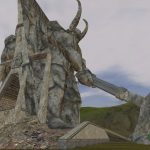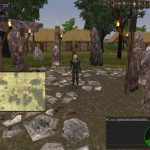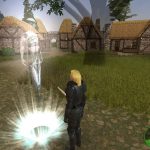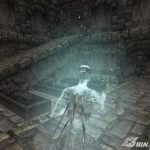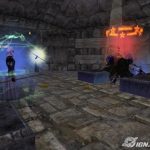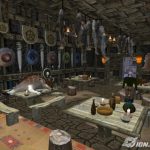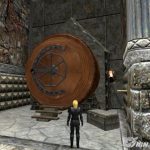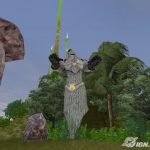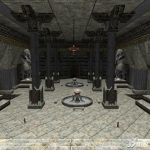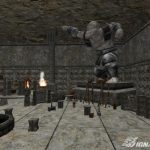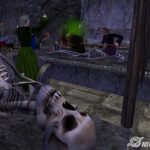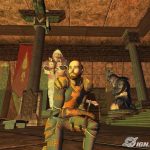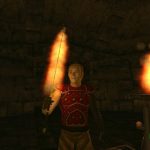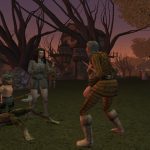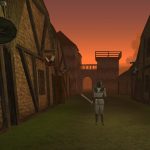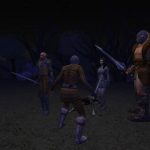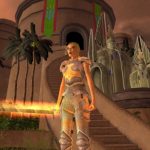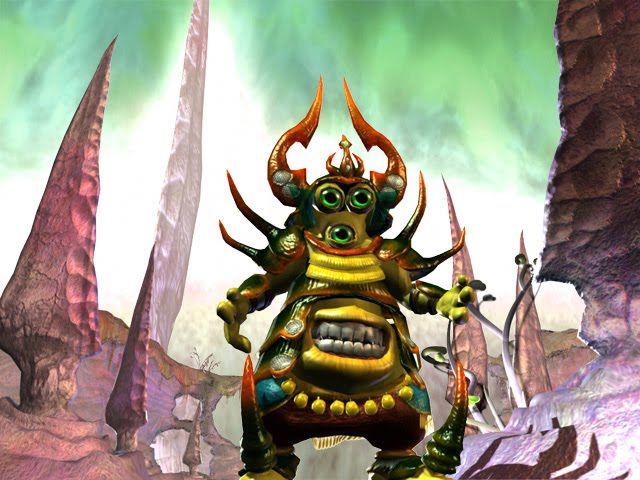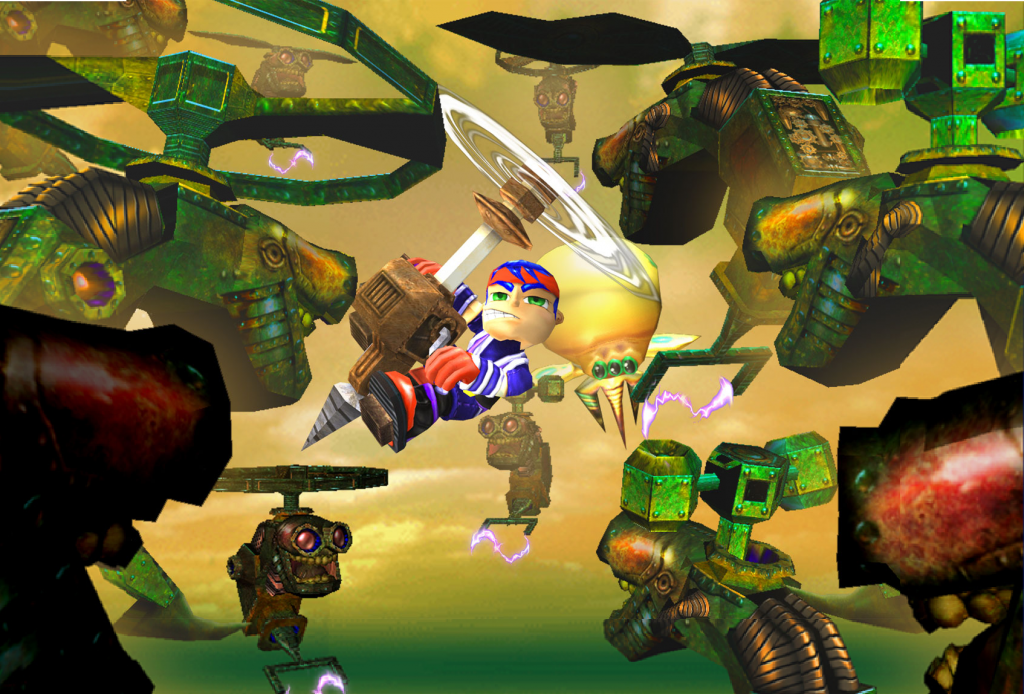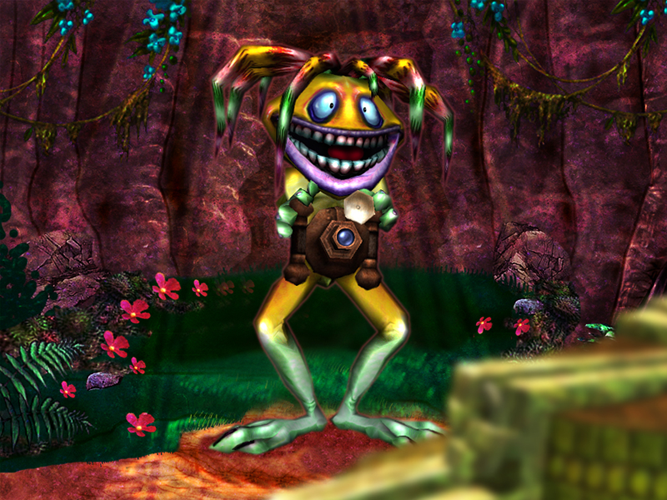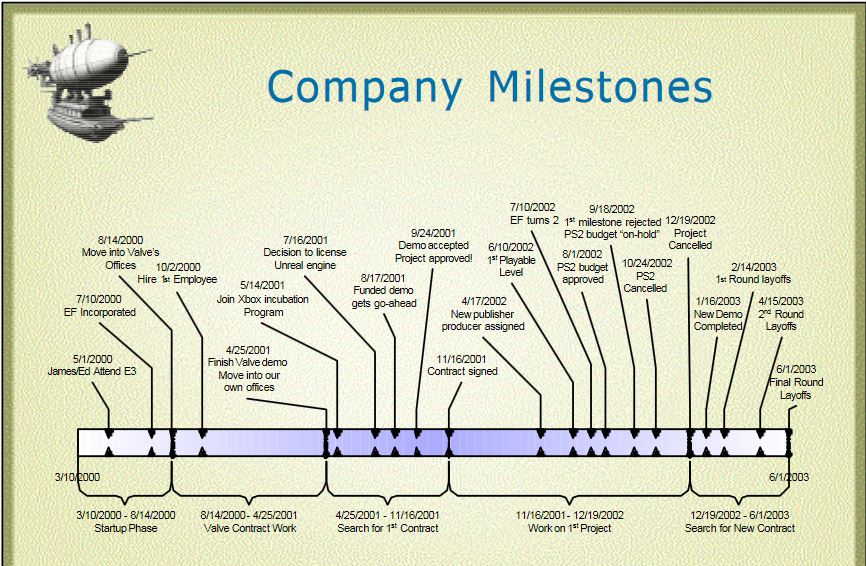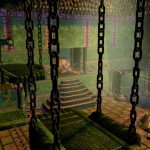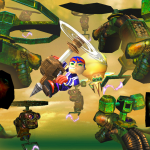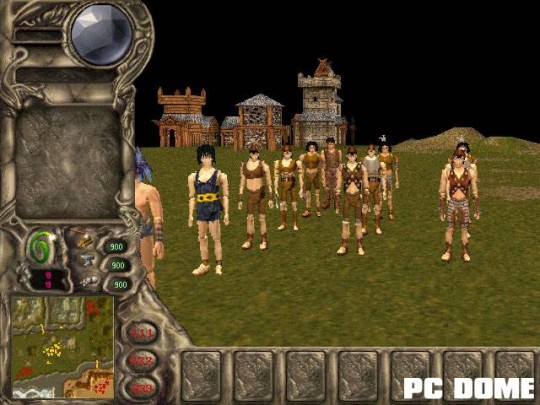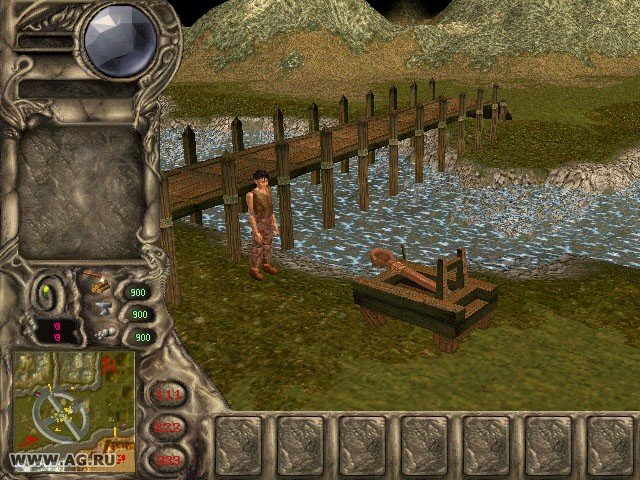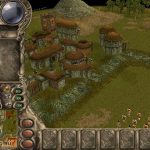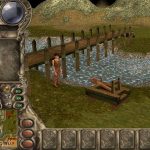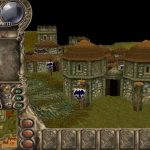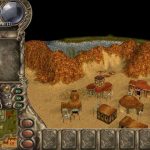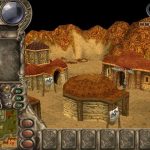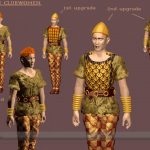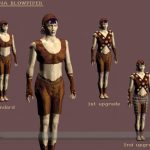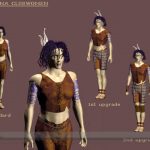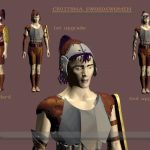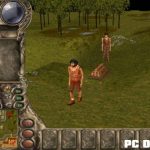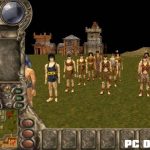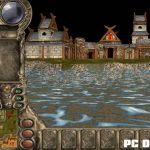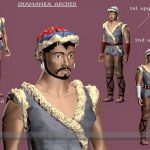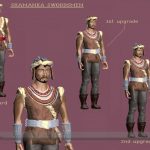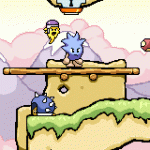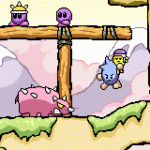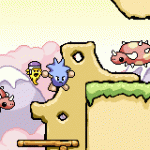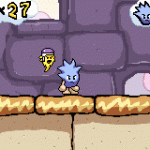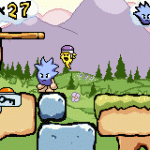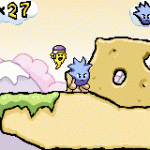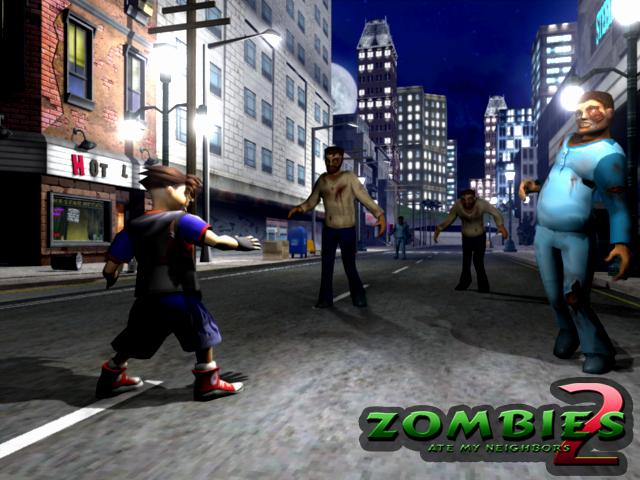Wish is a cancelled MMORPG that was in development by Mutable Realms between 2002 and 2005, planned to be released on PC. Like many overly ambitious projects, Wish fell under the weight of its own concept. The game promised to be the world’s first “Ultra Massive” Online RPG: according to Mutable Realms the game would simultaneously support up to 10.000 players in a single world / server, with no divided zones nor shards.
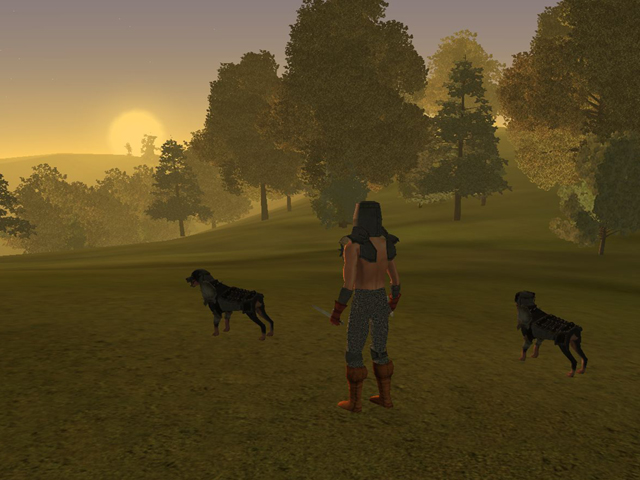
More details about its gameplay and world-settings were shared by many websites, such as IGN:
“player guilds will be able to reclaim towns and become “Noble Houses”. These Noble Houses can declare war on each other, as part of the ongoing story where, as Rickey indicated, the “world has fallen to barbarism and petty warlords.” Thus, you have player vs. player combat in these house wars. Should someone not wish to be a part of this, they simply do not participate in a Noble House or strive to make their House a peaceful one. “
“Character advancement will follow a skill-based system. The selection of playable races named so far includes a half-dozen familiar archetypes ranging from Humans to Orcs, Elves, Halflings, Dwarves and Gnomes. There’s also one we don’t see as often – and when we do, it’s invariably in the role of a monster – the Cyclops. “
“Wish is providing that control in the form of the Houses. Being a House means conquering a monster-controlled town and becoming responsible for its well-being. You gain control of the town, its buildings, and the resources that surround it, and you get rewarded by being able to collect taxes on transactions within that territory.”
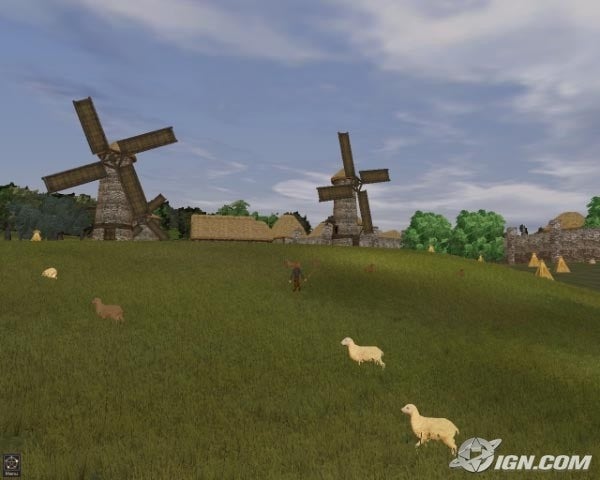
“The various towns successfully replicate the feeling of medieval villages, complete with fortified walls, domesticated animals and inhabitants that continuously go about their daily business. Player characters have a fair amount of weapons and armor to equip thus far, and the color of clothing can be altered through use of a dying tub. Spell effects, while currently sparse, show dazzling potential as in the case of the Necromancer’s Decay cantrip, which issues forth a large skeletal ghost and several gravestones around the caster. “
“At present, monster loot primarily consists of gold and resources such as hides, although a few creatures drop weapons. Since characters have no level indicators or experience to accumulate, it facilitates the ability for players of varying skill levels to aid each other in group combat. “
“Live Content is the primary defining feature of Wish. In the ongoing Beta 2.0 test we publish a daily newspaper, which contains clues to what may come to pass, as well as summaries of what happened on the previous day. The events described within the paper are actual in-game events and refer to real players. We now mirror this paper online in our newspaper section. You can read all five daily papers there. New papers will be added daily. “
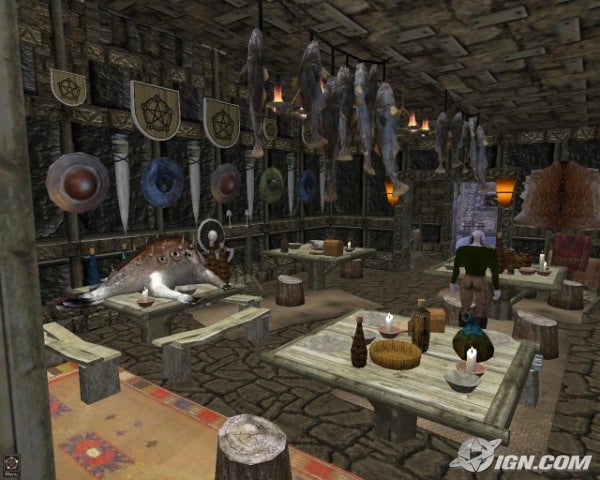
In 2003 / 2004 closed beta testing was announced, but it seems the team did not properly estimate what was needed to keep the game alive and online: Wish was officially cancelled in January 2005, just before the planned Open Beta:
“Wish has been shut down because with the data we gathered during the first 10 days of our Beta 2.0 test, even with our best-case projections for player numbers, we could not have reached enough subscribers for Wish to sustain itself.”
Engadget and Escapist published a couple of articles with more details about what happened to the project:
“The beta lasted only nine days. On January 9, 2005, after careful consideration of the way the beta had played out, examination of our internal metrics and an honest appraisal of the MMOG landscape (WoW launched the previous November), we made the decision to shut things down.”
“Wish had no single cause of death, but overhype played a huge role. Our statistics didn’t lie. At every step of the way, from signing up for beta, to downloading and installing the client, to playing the game for more than an hour, we lost huge percentages of players. In case we didn’t trust the stats, tons of players told us about their departure on our forums, as well.”
“For small and mid-sized developers, this battle can never be fully won. Usually, simple economics means they’re going to produce mid-quality titles. What they need to recognize is what niche their game fills and try to attract a community that respects that. A decent game can be sunk if the community expects more than what’s delivered and simply doesn’t buy it on principal.”
“In the end, Wish’s assets were carved up and sold off, with some being used for Irth Online.”
Thanks to Josef for the contribution!
Images:
Videos:

